Backpacking has many definitions and while it’s difficult to peg down what is backpacking exactly, in general it revolves around light travel on a small budget. It’s the primary way I travel and for those of you planning an RTW trip or going backpacking for the first here’s some practical advice that will make traveling with a backpack less stressful. What most people consider inconvenient about traveling are actually a backpacker’s advantages.
1. Get A Smaller Backpack Than You Think You’ll Need
Many backpackers obsesses over picking the right backpack. Your backpack doesn’t have to be perfect in every aspect and while its fun to shop for them, one that’s not exactly what you wanted won’t make or break an entire trip. When confronted with a choice between two sizes, go for the smaller one. As Luke mentioned, you’ll end up filling your backpack up, no matter how big or small.
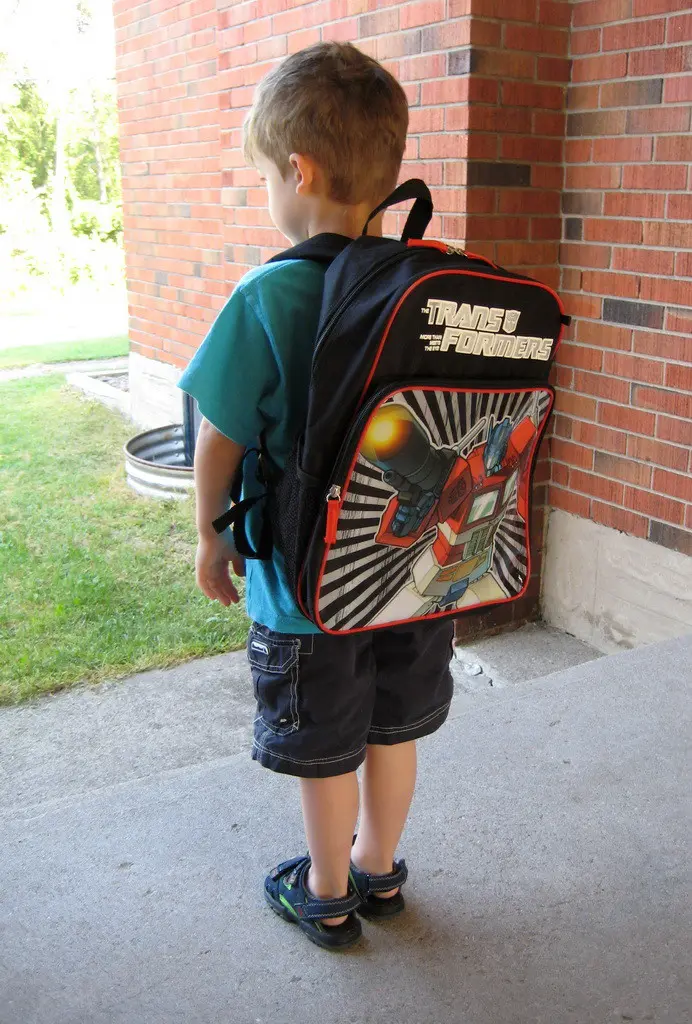
2. Stay In A Hostel
Most budget travelers tend to stay in hostels to save money and meet other travelers but many people still have misconceptions. Hostels are much like hotels; they vary considerably in terms of quality and amenities. You can learn a lot about a given hostel by reading the reviews on sites like HostelWorld or Hostelbookers, read more about what a hostel is, or get adventurous and save more money with these alternatives to hostels and hotels.
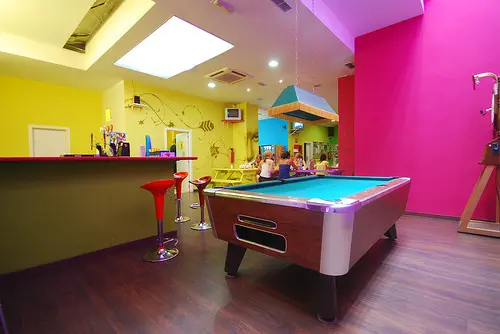
3. Sign Up For Frequent Flyer Miles
I cringe when I meet well traveled people who’ve never signed up to an airline loyalty program. Remember, nowadays you’re not just signing up for a single airline but typically become a member of an airline alliance. So by signing up for miles with Lufthansa for example, you’ll earn miles on any Star Alliance member flight and Award Wallet makes it easy to keep track of all your programs in one place. Miles programs are one of Nomadic Matt’s Secrets To Successful World Travel, how I fly free to many places, and cost nothing to sign up.
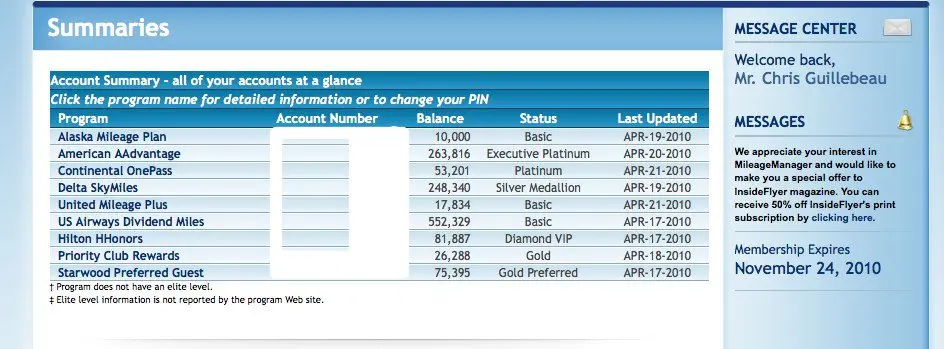
4. Buy Multi-Destination Tickets
There is the notion that multi-destination airfare is more expensive than direct flights. You can easily add a few days Europe on your way from New York to Istanbul without paying any more for the ticket; ride a bike in Amsterdam or visit Christiania in Copenhagen for instance. Try a multi-destination search on Kayak to see what turns up, or if feasible, check out one of my favorites, IcelandAir and make the most out of your stopover Iceland under the ash cloud.

5. Learn Some Of The Local Language
A few words go a long way in reducing your anxiety plus the frustration that can come with not knowing any of the local language. Start simple with these 4 word combinations you’ll find handy, all of which you can learn for free on these language social networks.

6. Engage People
That doesn’t mean going up to everyone you see. I’m shy myself but often when traveling the opportunity to be social and meet locals presents itself and all you have to do is take advantage. Servers in restaurants, other travelers in your hostels, or tour operators are all potential people who can tell you about the local culture, things to do, and perhaps are bit about your next stop as well.

7. Keep A Simple Travel Budget
Most travelers are worried about money but don’t bother to track their spending habits carefully prior to their travels. Use Excel (or the free Open Office) to create a spreadsheet and detail where all of your money goes a month prior to traveling and during your trip. Break down your expenses in your simple travel budget and give yourself a better idea of how much you’ll really need to save.
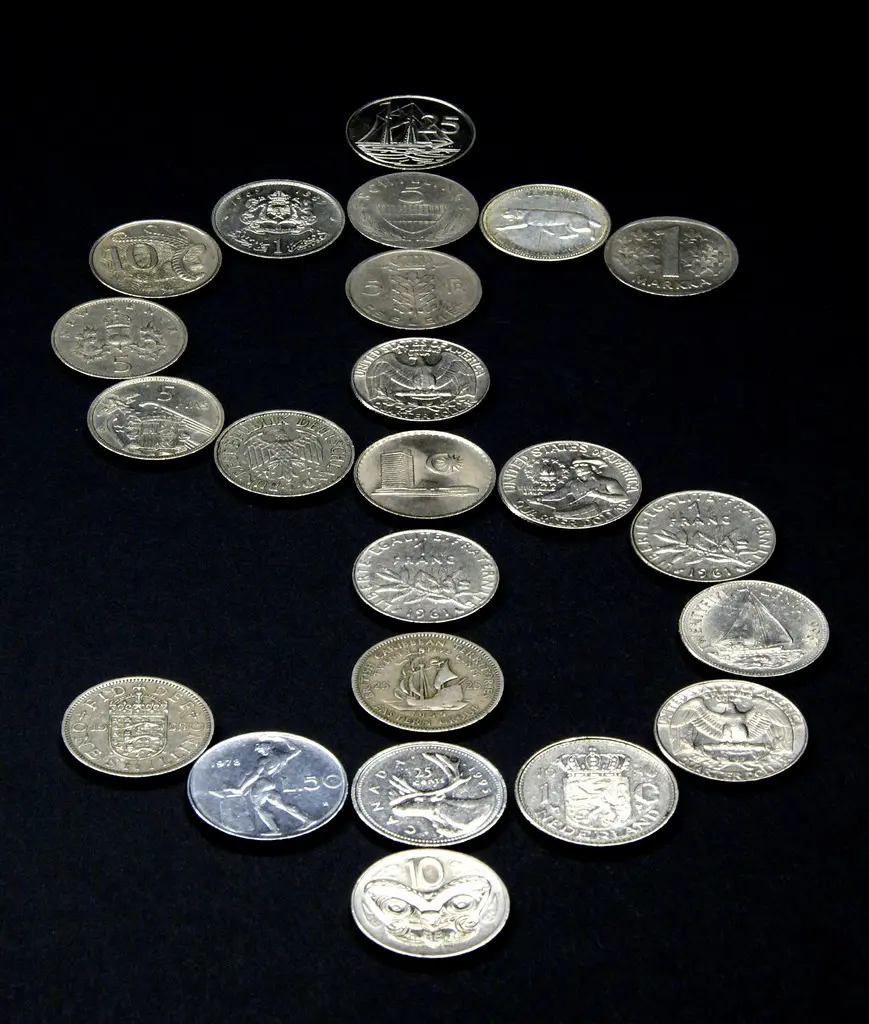
8. Bring Your Laptop
A laptop can double for so many other things like a telephone using Skype, a TV, and all around email and Twitter machine. You’ll likely save money by bringing a laptop as opposed to going to Internet cafes and a small netbook won’t take up too much space in your backpack. Just make sure to lock down your laptop before heading out the door.
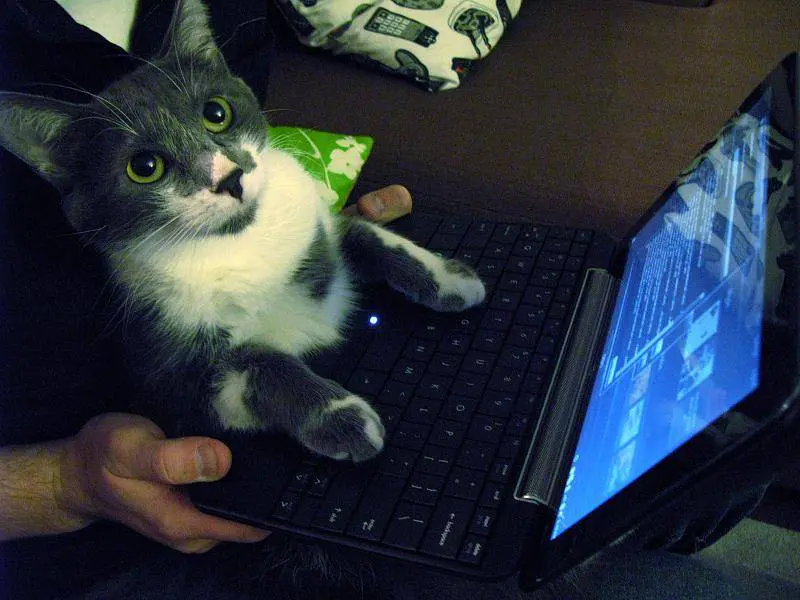
9. Don’t Be Afraid
The world is an overwhelmingly safe place and most people in the world are friendly and not much different than you. Go out there and see what you can without fear but also take common sense with you. Brush up on the local scams and things to watch out for, and your travels are much more likely than not to be safe. You’ll see more by getting out from the tours and expensive hotels and exploring on your own.

10. It’s Not That Hard
Traveling is easy. Even backpacking. You can make your life easier and see more things by planning ahead before you go anywhere but it’s not absolutely necessary. Book the transportation, somewhere to stay, and get on your way. Even with the worst budget and forgetting to pack socks you’ll get there just fine and figure out things as you go. The biggest mistake anyone who wants to travel can make is not traveling in the first place. You can overcome the obstacles one by one and travel the world.
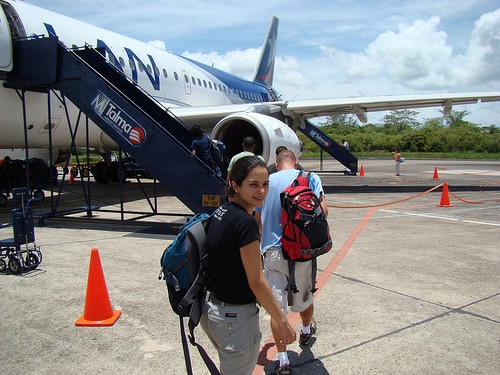
Be Flexible And Enjoy The Journey As Well As The Destination
Rigid plans are easily broken and it’s important to incorporate flexibility into the backpacking process, even your plans. Account for lost days of relaxing, space in your budget for that occasional (very) late night out, and turn even the worst ash cloud into a positive experience. You can’t change much by forcing your plans or fretting that you didn’t pack this or that. By letting go just a little bit and realizing most of the biggest stresses are caused by the smallest things you’ll free your mind to wander as much as your body. Enjoy the ride.
[photos by: Squiggle (child’s backpack), nest hostels valencia (Valencia hostel), Chris Guillebeau (miles account summary), craftyhag (bunny hop), Raul Tejero (hola), Kyrremann (hello world), pfala (dollar sign in coins), rblock (cat using netbook), akseez (confident kid), MyFavoritePetSitter (getting on airplane)]











Excellent advice, Anil. This is a terrific resource for someone considering their first trip overseas. I especially agree with the advice of picking a backpack – unless you’re doing an extended trek where you’ll need a pack that very efficiently carries your weight, you only need something to bring your belongings from point A to B. Pack light, and pick up anything extra once you get on the road.
Thanks Matt. I like to ask people who stress about packing, “what happens if you forget X?” My response is that you can always get it there. Plus your back will thank you 🙂
This is a really solid piece. I especially agree with #1, getting a smaller backpack than you need. A few years ago I bought my first backpack (45L) and by the time I got back it was filled to the brim and too heavy for me to carry. Now I’ve scaled down to 35L and it feels perfect. I always have to remind myself that other people have the same needs I do and if I don’t have something I can buy it there.
The chopping down process is a fun one. I think many travelers start off with a much larger backpack and downsize as they go 🙂 You’re right, especially now you can find most anything you want anywhere in the world.
such great suggestions! I think these goes even for those of us who may not carry a backpack- but just are traveling around- forinstance, your advice on learning a bit of the language, keeping a simple travel budget, not being afraid- etc.
I’ll forward this to my son- he and his wife backpacked in Europe on their honeymoon- and I know they love the backpacking experience!
I completely agree. Many people tend to over-pack when new to traveling (and some even much after the fact) and a good budget is probably one of the best ways to spend a few minutes before a trip.
This is great advice! I’m tweeting it to my followers in case some of them are backpacking novices. I wish I had this advice before I started :). I think you’re especially on the ball with the frequent flyer points! I am always stunned when I meet people who travel but don’t have them. I’m signed up with three different groups (I don’t always get to choose which airlines I fly on for work). Out of that I’ve managed to get a one way ticket from Australia to Europe and now have enough saved to go return to Papua New Guinea from Sydney. Join up peoples! Most of the time it’s free!
Thanks for the kind words and retweet! I’m a big user of miles programs. There are so many ways to earn, even if you don’t fly too often. An eventual upgrade or free ticket is great (from programs that don’t cost anything to sign up).
Good post! I like all the images, they add a lot to the message.
I wondering if an iPhone is becoming a necessary travel gadget. Access to maps, restaurant reviews and a telephone would be fantastic in many countries. What is your take?
Thanks John 🙂 My only problem with the iPhone (which is a great tool) is the added expense of using one. Personally for me an iPod touch does most everything the iPhone does but for free. Of course there are the big caveats, no phone calls + you need wi-fi but a laptop can cover all of those right before you head out the door.
One good piece of advice to couple to #1 (the smaller backpack) is to fill your backpack up and walk around your neighbourhood for an hour two or three times before you ever leave for your trip (even better if you can do it before you buy the backpack and use it as a trial). That is a strong encouragement to buy and use a smaller backpack and not to have it bulging at the seams with stuff. Your back and your travels will appreciate a lighter backpack.
Great piece of advice. I think we all need that bit of back pain to encourage going lighter and a trial is the bearable way to do it.
Great advice. I’d add that a hostel isn’t always cheaper but it’s a surefire way to meet people. Being alone is such a fear for new backpackers but I find you’re never alone for long.
One thing I love about hostels is how much they differ from one another. You never know what you’re going to get or the group of people you’ll meet 🙂
Great tips! You really need so little…less is definitely more! We’ve been traveling for 4 years now as a family & we just take a small daypack/carryon each even for months at a time & that includes laptops & homeschool supplies! LOL!
I see those kids with those huge backpacks on and I think…wow, looks painful. The longer you travel, the less you carry. 😉
Hostels are not cheap if you travel as a family, so we rarely use them, even small nice pensions are often cheaper. Camping is the best way to see Europe and meet people. Lots of Europeans, young folks from Oz, & NZ, but few Americans have caught on. Almost all have rooms to rent & places to buy food, fridges to keep it and cottages to rent, pools, restaurants etc.
Interesting, thanks for the tip – a great option to hostels 🙂
Great list! One thing I would add is don’t rely on guides all the time. They have great maps of a city/town or public transit layouts, but backpacking is about the surprises and budget (as you pointed out). I often find prices inflated once a hostel is featured in a guidebook.
I second your suggestion, plus guidebooks take up space and add weight!
Great basic tips. I definitely agree with the first one. I learned the hard way on my first backpacking trip that the bigger the pack, the more I stuffed into it. For my current rtw trip, I bought a smaller backpack and it’s great! If it doesn’t fit it doesn’t go- simple as that 🙂
I like that rule 🙂
That transformers pack is pretty sweet!
He’s gotta be the coolest kid in his class, just gotta be.
Urge you to purchase your next phone with the highest pixel camera you can afford…you don’t need an iphone…there are great phones for under two hundred bucks and you will be happy to have an unlocked, dual sim card phone in case you stay awhile in one place…